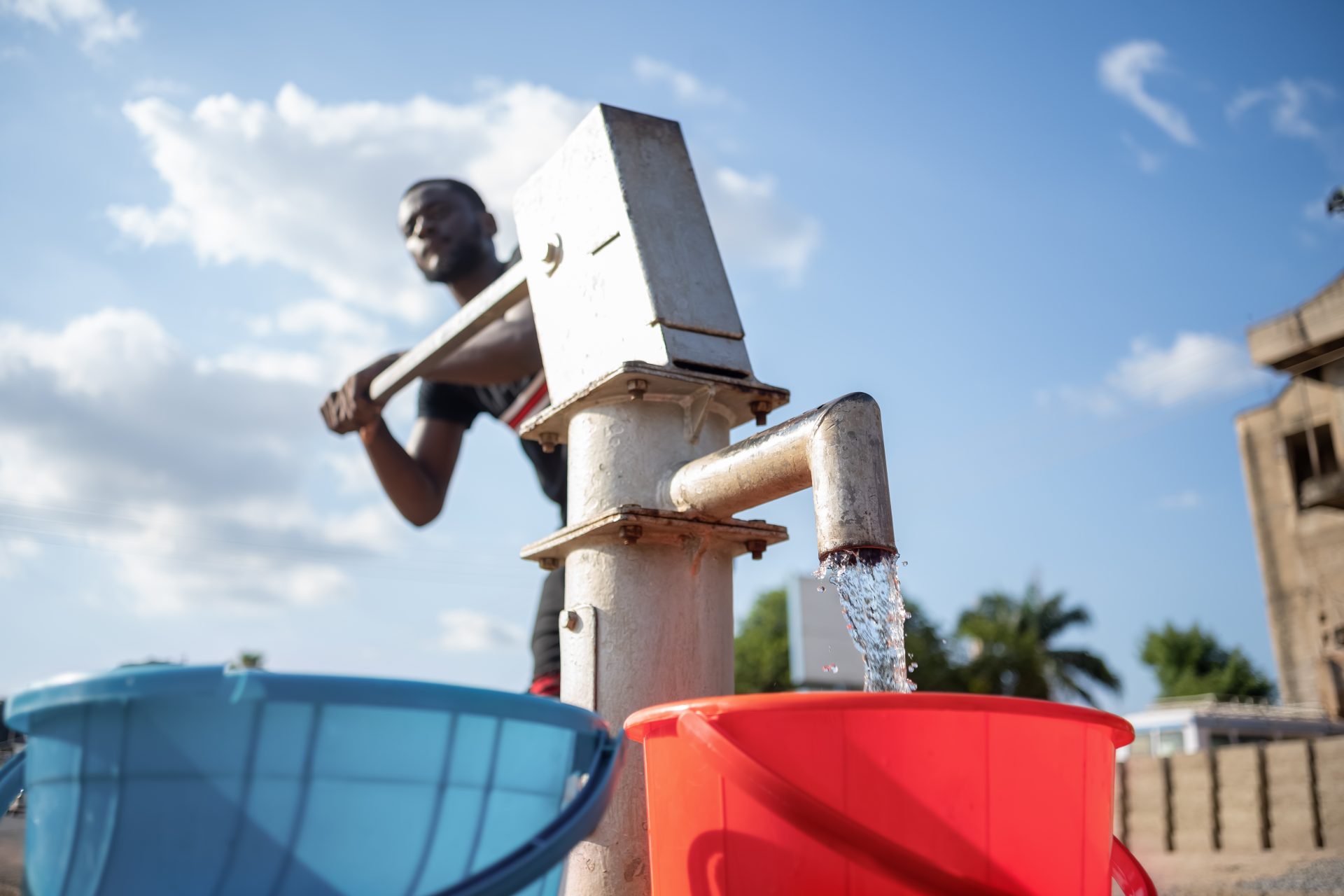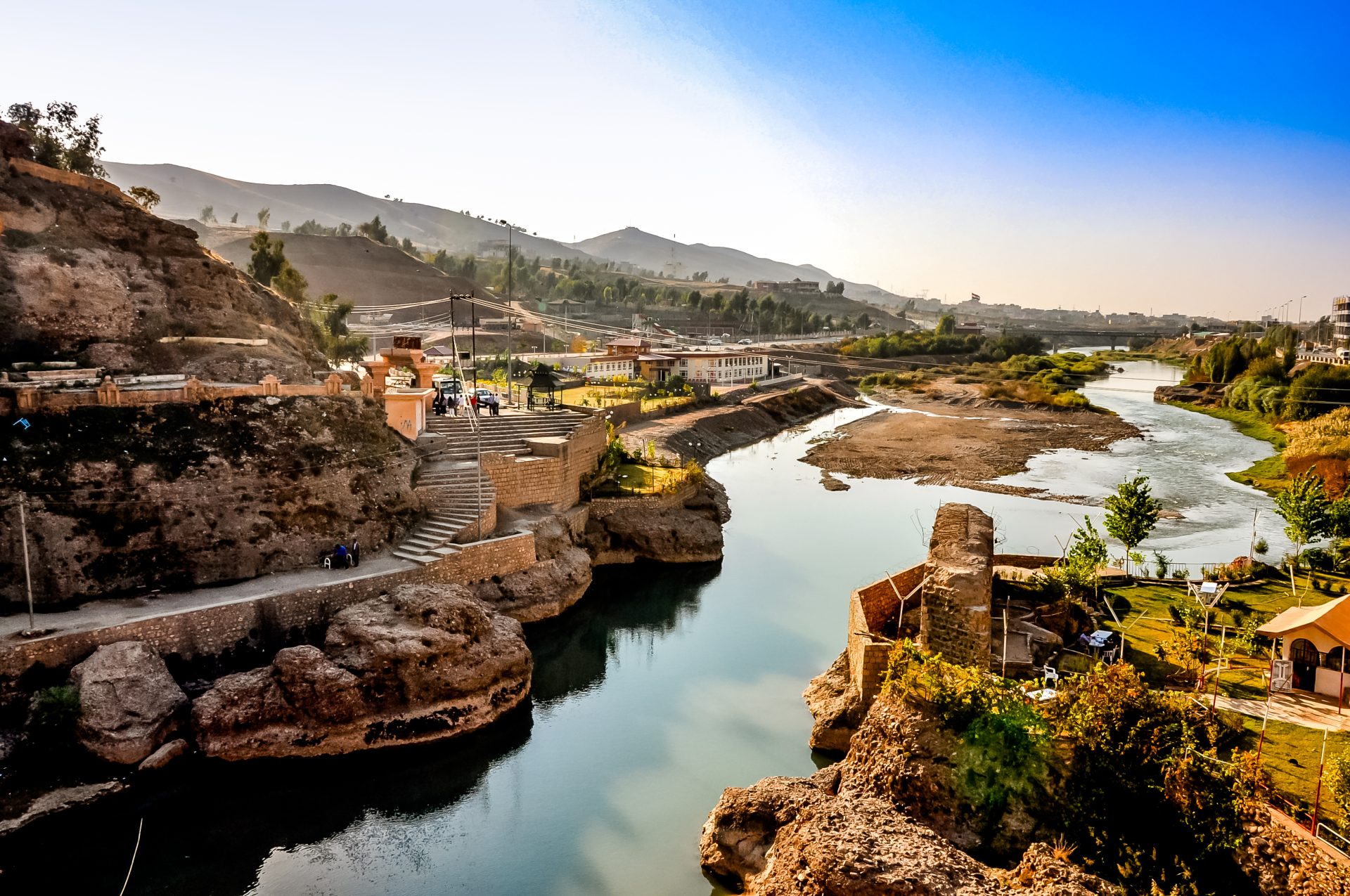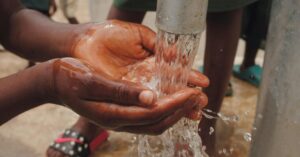Water scarcity can be a driver for structural reform of the Iraqi water sector
“Knowing the challenges that the WANA region is facing in terms of water scarcity, climate change impact and the needs for enhancing governance and international cooperation, I can confirm that the opening of SIWI´s new regional office has been well received.”
What are the ongoing water-related issues in Iraq?
LN: Iraq currently faces significant water stress and is ranked as the 39th most water-stressed country globally. Unfortunately, projections indicate that the situation will worsen by 2040 if current trends continue. Several factors contribute to this alarming scenario, which include issues of water pollution and water supply.
MA: We think that enhancing international cooperation between the riparian countries of the Tigris and Euphrates Rivers, and water governance at the different levels could help the Iraq authorities to better address these challenges in the future. The Iraqi government has recently engaged some institutional and regulatory reforms and is now planning to develop a strategy for the water sector. This is an important step to improve governance and SIWI has expressed its interest in supporting these actions.
One of the goals of your visit was to explore how the accountability mapping tool can visually explain the sector. What is this tool and what were the ?
LN+MA: The objective of the accountability tool is to define the different stakeholders in the sector, and the interactions between them to identify the gaps in governance. During the first day of our workshop, together with the participants we worked on three different scopes of accountability: environment and health, service quality, tariff setting.
The outcomes show that there is a need for urgent reforms at the institutional and regulatory levels. There is a lack of enforcement of the existing laws and of public awareness. In addition, decision making lacks participatory processes.
What concrete actions are worth addressing to remove gaps in regulation?
LN + MA: First, establishing clear regulations, improving data collection and monitoring, and enforcing standards to enhance service levels in the water sector in Iraq. The proposed action plan (which was the end result of the workshop) aims to address these identified issues and improve service quality and accountability.
Second, enhance consumer awareness, accelerate meter installation, conduct surveys to determine actual costs and detect illegal connections, and enforce existing laws and regulations. Additionally, participants expressed the need for an independent regulatory authority and further sector restructuring, but these long-term measures were not included in the immediate action plan.
Third, establishing a system for the safe reuse of wastewater resources and enhancing monitoring mechanisms will ensure the sustainable and responsible use of water resources. The establishment of a National Register System will facilitate better tracking and management of sanitation and environmental data.
“Disseminating the outcomes and discussing the modalities of implementing the action plans should involve a comprehensive representation of stakeholders from the WASH sector.”
What lies ahead, after your visit, and who are the potential stakeholders you would like to reach out to?
LN: The next steps are to validate and prioritize the agreements that emerged as the end result from the workshop. It is important to present and discuss these with key government representatives, including the Ministry of Water Resources and the Ministry of Construction, Housing, Municipalities and Public Works. Their inputs along with endorsement is crucial for the future implementation of the action plans. Disseminating the outcomes and discussing the modalities of implementing the action plans should involve a comprehensive representation of stakeholders from the WASH sector. Additionally, there should be a separate discussion on financing the action plans and exploring opportunities for resource mobilization.
Once the way forward is approved, it is important to establish an accountability mechanism to monitor and ensure responsibility for its implementation. This mechanism will help track progress, address any challenges that may arise, and ensure that the actions outlined in the plan are effectively carried out.
MA: As mentioned earlier, the Iraqi authorities are currently aiming to develop a strategy for the water sector. There is potential and scope for SIWI to be involved in this project with other partners from the region.
What would be your call to action to them?
LN+MA: Water scarcity is a challenge, but it can be a driver for a substantial and structural reform of the sector when it comes to policies and behavior. A successful reform needs to be inclusive. Therefore, we believe that the Iraqi decision-makers must consult different actors including consumers and the private sector to shape new strategies and regulatory frameworks. This can ensure that policies are effective and sustainable once implemented.
The WASHREG Approach
The WASHREG Approach is a multi-stakeholder diagnosis used to identify national regulation gaps and challenges in water and sanitation services provision.
Learn more about the WASHREG Approach









